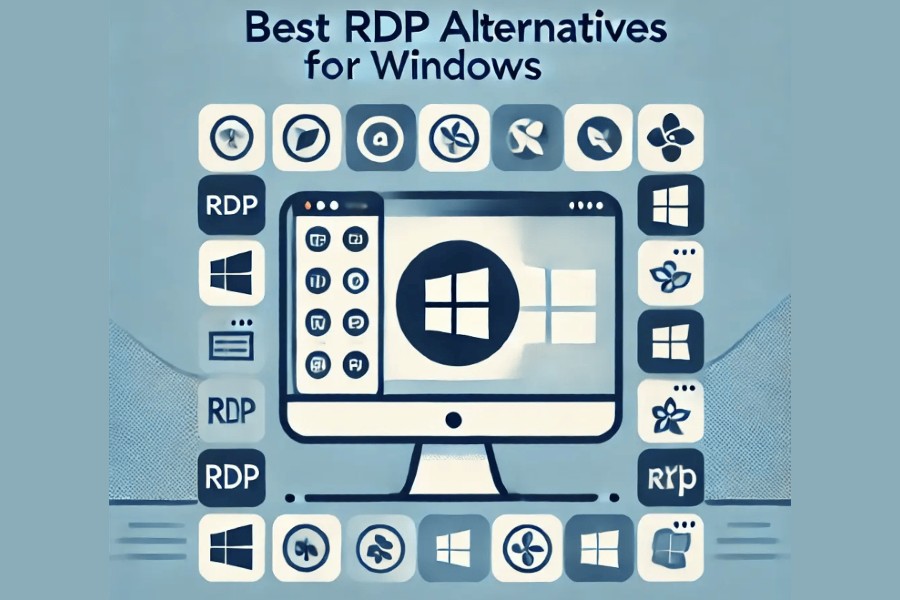
America is often called the land of the free and the home of the brave. Despite the appeal in the sentence, freedom and justice are easier said than achieved.
The country is no stranger to civil cases and issues of inequity. Most of the educational equity we have today is a result of litigation. But if anything, legal battles are time-consuming and expensive. Also, they don’t always yield the desired outcomes. Nonetheless, they have played a huge part in advocating sustainable systemic reforms. In this article, we will explore the ways litigation affects equity at schools.
Brown v. Board of Education in the United States – A Backstory
Educational equity involves providing fair opportunities for all students. Litigation is a powerful tool for addressing systemic inequalities and discrimination. Advocates use it to campaign for inclusive policies through court decisions. One of the landmark education litigation cases is Brown v. Board of Education in the United States.
The Brown v. Board of Education case challenged racial segregation in public schools. As a result, it is one of the most popular precedents for equity litigation. In college, a teacher may assign synthesis essay topics related to this problem. This prompts a student to research the subject for more information. Hence, we recommend you use a synthesis essay example for guidance on how to write the assignment. Use synthesis essays samples to gain additional inspiration and research how to structure your text.
A group of African American parents filed the lawsuit on behalf of their children. It was against the Board of Education of Topeka, Kansas. The parents argued that segregated schools were a violation. It violated the Fourteenth Amendment’s Equal Protection Clause. The Clause guaranteed equal treatment under the law.
The Supreme Court, under Chief Justice Earl Warren, issued in favor of the plaintiffs in 1954. It overturned the “separate but equal” doctrine. It was also a precursor to desegregation in public schools. The case established a legal precedent. It also inspired activists to challenge discrimination and inequity.
The Effects of Litigation on Equity in Education

Over the years, there have been many cases to address inequity in the school. Below are some roles of litigation in shaping a more equitable education system:
It Challenges Inequity
Litigation tackles discriminatory practices and policies that cause disparities between students. Marginalized groups use lawsuits to get the attention of the government. It includes ethnic minorities, students with disabilities, and English language learners. They use lawsuits to illuminate systemic issues. Furthermore, they also use it to advocate for changes that promote equal opportunities.
It Advocates Equal Rights and Desegregation
Cases like Brown v. Board of Education in the United States challenged racial segregation in schools. Today, many similar cases are helping to dismantle discriminatory practices. Litigations are promoting integrated learning thanks to court-ordered plans. These policies ensure that all students have equal access to facilities and lesson programs.
Special Education Rights
The special education rights were a product of litigation. It advances the rights of students with disabilities. The goal is to ensure they receive appropriate care and support. Some key aspects of the rights are:
- Individual with Disabilities Education Act.
- Free Appropriate Public Education.
- Individualized Education Program.
- Least Restrictive Environment.
- Evaluation and Eligibility.
- Procedural Safeguards.
Adequate Funding and Language Access
Litigation played a vital role in addressing funding inequalities and biased resource allocation. In the past, students from low-income communities received insufficient resources. Collective litigation efforts have led to the equitable distribution of funds. It also challenged the lack of language support services. As a result, it secured language access rights for English learners at the university.
Conclusion
Litigation is an ever-present device for achieving justice and equity. The mechanism holds educational institutions accountable. It also addresses bias and fosters the adoption of reforms. They expose systemic issues, and court orders ensure compliance, transparency, and accountability. Its role in advancing equity has transformed the system and fostered desegregation. Litigation promotes inclusivity, and individuals continue to leverage it to improve educational equity.
Become a Harlem Insider!
By submitting this form, you are consenting to receive marketing emails from: . You can revoke your consent to receive emails at any time by using the SafeUnsubscribe® link, found at the bottom of every email. Emails are serviced by Constant Contact








